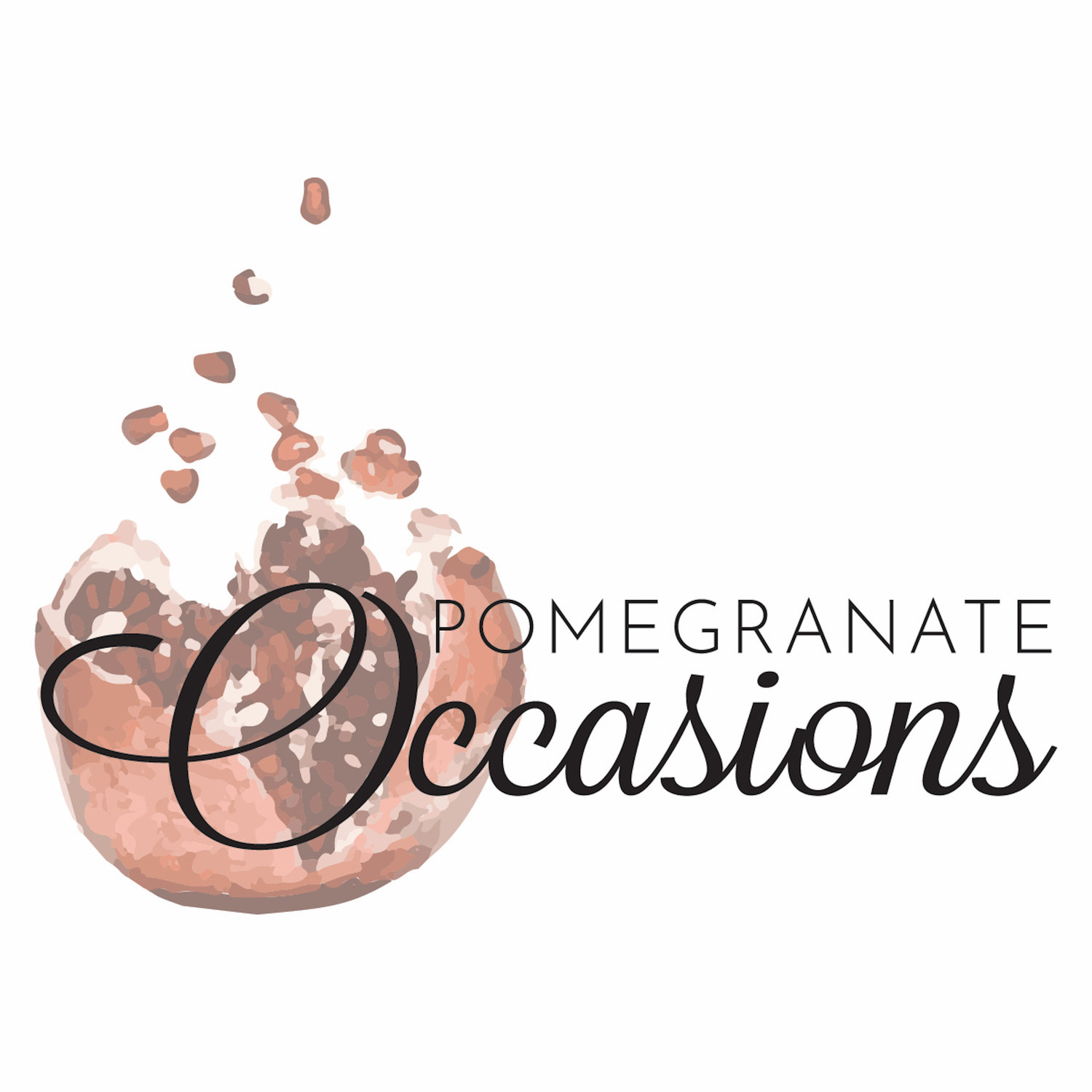Rectangular Table Versus Round Table??
What to do?
Your choice depends on four things: 1) space, 2) guest count, 3) budget, and 4) aesthetics.
Spatially: Round tables can seat more guests per square foot. One 60″ round will seat 6-8 guests and one 72″ round will seat 10-12 guests. Compared to a standard 8′ rectangle table that will only seat 8 guests.
Guest count: If your guest count is pushing the max capacity of the space, then round tables will be best in order to seat everyone comfortably. If you have some room to play with on your floor plan, you can do a mix of rectangles and rounds or maybe even all rectangles. This brings us to the budget….
Budget: More tables means more money. Every table you add is another centerpiece and linen. 150 guests will fit at 15 round tables or 18 rectangle tables. The rectangle table option means you are paying for three additional centerpieces, linens, and tables. Further, some venues have offer tables for events free of charge; these are often round tables. Deciding to use rectangle tables means that you need to rent each rectangle table to bring in.
Aesthetics: You might value your need for the visual impact of a long table over the practicality of the round tables. Great! Long tables lend themselves to pretty garlands, photographs that capture the symmetry and angles, hanging installations, overhead florals, and more intimate conversation between guests.
Round table receptions will often be less expensive to decorate, seat more people per square foot, and have a more traditional vibe.
Or, you could do a mix of rectangles and rounds to give the room a lot of variety and visual interest.
To recap:
Round Tables:
Pros
Cost effective: fit more people at a table means less tables therefore less centerpieces, some venues have round tables in-house means no rental fees for tables.
High guest counts: Round tables can “interlock” in a floor plan, which means you can seat more guests per square foot
Cons
Traditional: not as hip as long tables
Rectangular Tables:
Pros
Trendy: Get the look of candle light down the table or a super long hanging installation.
Dinner party feeling: Long tables feel like a big family dinner party
Cons
Costly: You’ll need more tables for the same number of guests as round tables and might need to rent all the tables.
Can’t fit large weddings: large guest counts won’t fit at all rectangle tables in smaller venues
A) Rounds and Rectangles
Pros
Best of both worlds: Some guests as long tables, like the bridal party, then everyone else at round tables.
Variety: Gives the reception space a lot of visual variety.
Cons
Technical: You’ll need knowledge of floor plans and flow to make this work. Your planner or caterer can best advise you on how to set up the room with a mix of tables.
Can’t fit large weddings: large guest counts won’t fit at all rectangle tables in smaller venues
Sizes.
Round tables traditionally come in 60″ and 72″ diameter. A 60″ table will seat up to 8-10 guests comfortably and a 72″ will seat up to 10-12 guests comfortably. If you are using chargers at the place settings, keep the guest counts per table to the lower end.
Rectangle tables come in 8′ long segments and are traditionally 30″ wide. That can make it very hard to fit centerpieces on a 30″ wide table except for garland and bud vases. 42″ or 48″ wide rectangle tables are preferred for more elaborate centerpieces. These widths leave plenty of space for florals, candles, glassware, table numbers, etc. The wider tables are also required for family style service, since you need room to put the platters down.
That’s the ins and outs of the round vs rectangle debate. Which table shape will you choose for your wedding?





